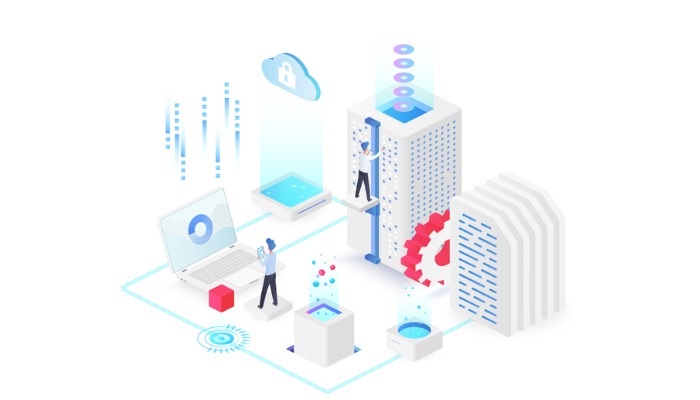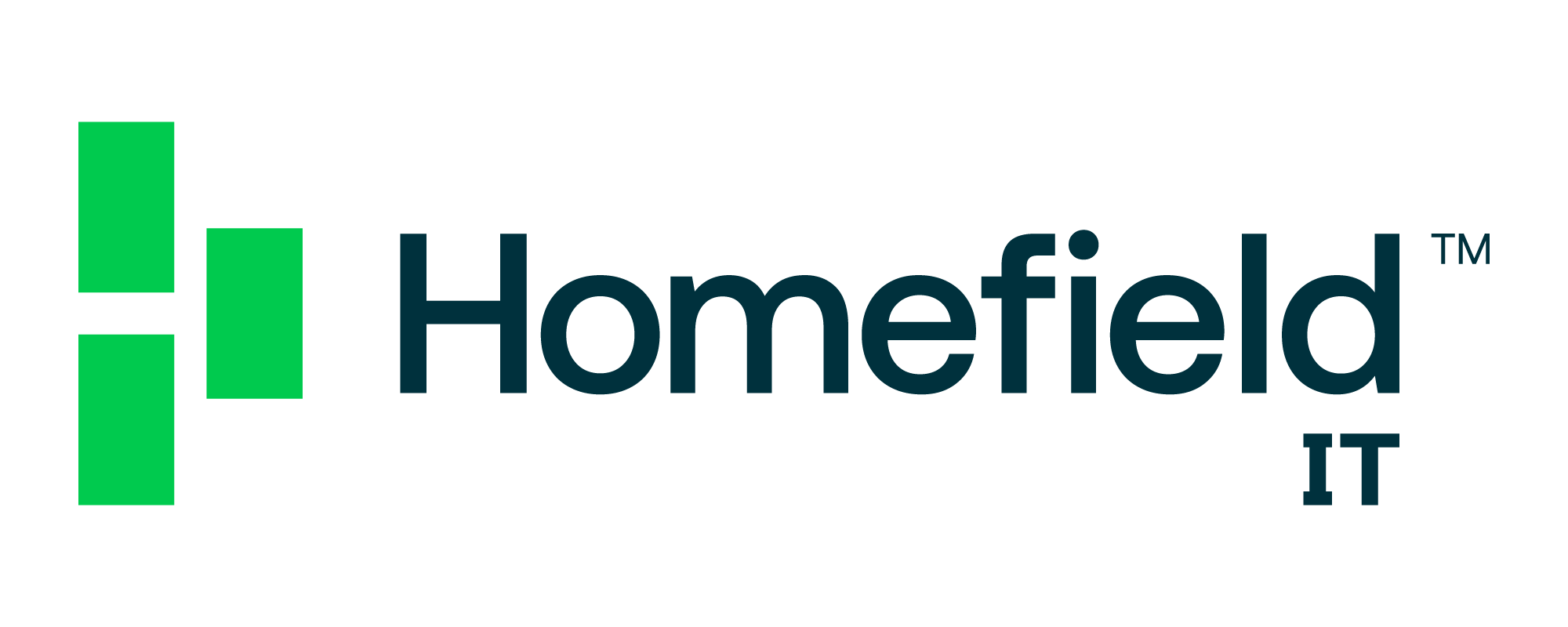Tech Support & Managed IT ServicesIT Consulting & StrategySecurityStartupsConstructionEducationFinanceHealthcareLegalNon-ProfitsReal Estate
Protecting your business and keeping everything running smoothly can be a challenge for most businesses. Even if you do have an in-house technical team, they’re probably not going to have the ability to monitor everything 24 hours a day, seven days a week. And, there are probably going to be some holes in their knowledge because not everyone can be an expert at everything all the time.
That’s where the highly specialized teams found within a NOC or a SOC come in handy. But, before we can talk about how they help you, let’s look at what they do.

What is a NOC?
A NOC is a network operations center. These are basically command centers for your business that monitor the performance and health of your network. They exist to ensure that you have maximum uptime and that your business can function without interruptions (because downtime is costly).
A NOC can either be an internal unit, where your in-house IT team monitors your network, or they can be external, with a managed services provider maintaining and monitoring your network infrastructure. Whether you use a NOC that is in-house or external depends on your capacity.
Using your internal team is great if they have the time, but they’re often going to be pulled in a few different directions at once, so they may not be totally focused on monitoring, plus they’re going to need to go home at some point.
With an external team running your NOC, you’ve got a dedicated team that can watch and monitor your network 24/7. Not only do you get more consistent coverage, but you don’t have to worry about the folks monitoring your network being pulled away to work on other things like you would with an external team.
Some of the ways a NOC helps your business
The base function of a NOC is to make sure that your network is running. But, it doesn’t end with just making sure the lights are on. A NOC is a finger on the pulse of your network. The people working in it should know your network inside and out, what makes it tick, what stresses it out, where the weak spots are, and how to make it better.
They do all by focusing on tasks like:
- Server and endpoint monitoring
- Hardware procurement, installation, and troubleshooting
- Software procurement, installation, and troubleshooting
- Network analysis and troubleshooting
- Monitoring for common threats, viruses, and denial of service attacks. And, ensuring that virus definitions and protections are up-to-date
- Performance monitoring and optimization
- Monitor power failures
- Monitoring system backups
Along with this, NOCs are able to handle additional jobs that help them gain the comprehensive understanding of your network that they need to truly serve your business. Tasks like:
- Vendor ticket management. This involves keeping track of the ticketing system related to your network. Knowing which tickets are open, who’s working on them, and what the priority of the tasks are, as well as any urgent issues that may arise.
- Incident control. If something goes wrong, your NOC needs to be on top of it. They can identify the issue, find the cause, and solve the problem.
- Root cause analysis. Going through a root cause analysis helps you better understand what’s happening to your network, why it’s happening, and how to fix it. By going through this process, your NOC can solve problems more efficiently in the future because they already know what’s going on. It also puts them in a position to make sure that something doesn’t happen again by permanently solving the issue.
- Documentation and reporting. Your NOC should document and report on everything that happens within your network both as a way of helping establish a baseline and to create a database of knowledge about the issues that you’ve dealt with and how they’ve been solved.
The difference between a NOC and a helpdesk
The roles of both a NOC and a helpdesk may seem similar because they are both available 24/7 to help, as an example. But they’re also different in fundamental ways.
Your helpdesk is around for general IT and tech problems. These are things like “My laptop won’t boot up” or “This printer is broken again”.
A NOC, on the other hand, is very specifically there to deal with network problems. If you go to a NOC because your printer isn’t working, they’ll tell you to go to the helpdesk because it’s not network-related. This specialization helps them stay focused on your network.

What is a SOC?
A SOC is a Security Operations Center. It’s the command center for all things related to security for your business. Their job is to make sure that you’ve got the protection and monitoring in place that you need to keep your business safe.
SOCs work by collecting and analyzing data from your network in real-time to identify suspicious activity (like unauthorized users) on your system that may be a hacker trying to compromise your system.
Like NOCs, your SOC can be managed either in-house or by an external team, depending on your needs and capabilities.
How can a SOC help?
The biggest thing that SOCs do to help your business is by bringing a complete and thorough understanding of the current threats facing businesses today, best practices around dealing with them, and what tools a company needs in place to reduce attacks and fallout from incidents that do occur.
They take that knowledge and apply it by:
- Monitoring your network. Similar to the NOC, but with a security angle. SOCs are always watching to ensure that nothing bad is happening on your network.
- Threat detection and prevention. Along with monitoring, your SOC is actively working to detect threats to your business and prevent them from happening. This requires a thorough knowledge of the kinds of security threats that are happening, as well as an understanding of what needs to be done to keep you safe.
- Capturing the specifics of incidents, like what happened and how the problem was dealt with, helps your SOC create a database they can refer to when things go wrong. This helps speed up problem-solving the next time something happens.
- If you’re in an industry that has very specific rules for being compliant, your SOC can help.
- Training and education. Because people continue to be the weakest link in the security chain, training and education go a long way in helping keep your business protected. Having a team to come in and provide training helps prevent careless moments, like clicking on the wrong link, from having a huge impact on your business. If you have a team that can run phishing simulations or other drills, even better.
Need better monitoring and protection?
NOCs and SOCs can be highly effective in keeping your business running and safe. But, finding the staff you need to run one in-house can be a challenge.
That’s where MSPs like us come in. We can help you establish an external NOC or SOC that provides a complete level of monitoring and coverage to help keep you online and safe.
Contact us today to learn more.
SEE MORE
Kaytuso – the cybersecurity & regulatory compliance division of ManhattanTechSupport.com LLC.
Exceed Digital – the custom software development and business intelligence solutions division of ManhattanTechSupport.com LLC
 June 7, 2021
June 7, 2021 Manhattan Tech Support
Manhattan Tech Support




